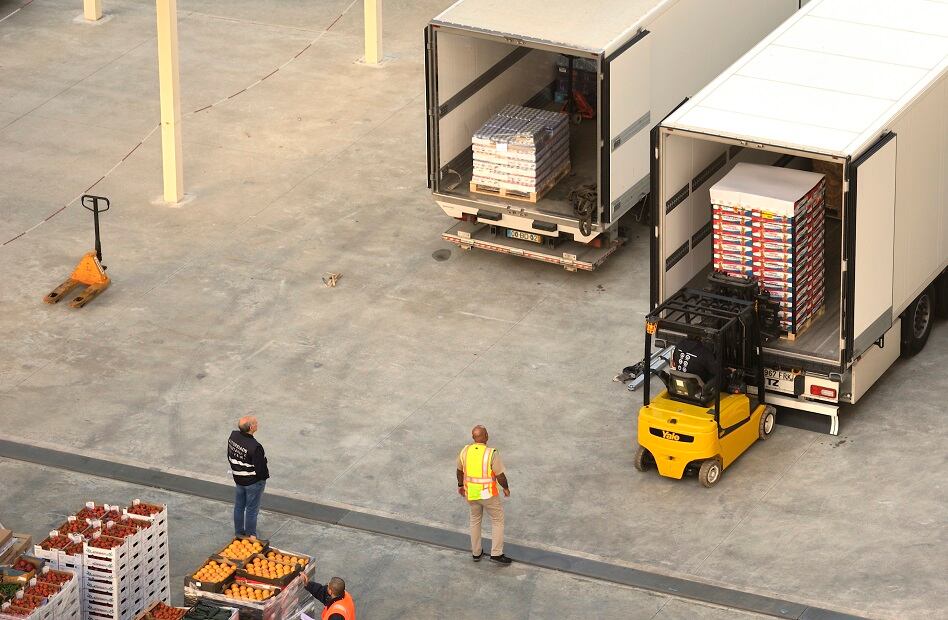Not downplaying the industry's efforts in pivoting in response to the crisis, in an article published on LinkedIn, Bassett-Spiers wrote: "Now is the time to build resilience into the supply chain so that future disruptions, whether they are pandemic-related, weather-related, or related to something else, are less impactful for everyone."
“You could say out of all the supply chains and all the industries, our food supply chain had the least amount of resilience in it, if you do some kind of comparison,” said Bassett-Spiers, whose background includes years in executive leadership roles in the financial services software technology industry, where she said there is much more focus on federal guidelines, diversification, and controls.
“We started receiving calls at the beginning of mid-March from suppliers where their buyers had just disappeared. Their demand had evaporated,” she told FoodNavigator-USA.
“I think everybody in the food supply chain agrees that the lack of resilience has really hurt the food supply chain and a lot of participants,” she said.
“I think going forward, you’ll see a lot more suppliers, operators, and distributors diversifying their businesses because they have to.”
iTradeMarketPlace connects new suppliers and buyers
“We very quickly decided that we needed to do something, because we were receiving about 50 calls a day from suppliers.”
According to Bassett-Spiers, iTradeNetwork’s new platform, iTradeMarketPlace, is part of the solution to building more resilience into the food supply chain.
“We’ve seen this as a problem for a long time now, not with the backdrop of the pandemic, but rather with the backdrop with making sure a grower/shipper doesn’t have excess supply,” she said.
iTradeMarketPlace is an online marketplace that connects buyers and sellers of perishable foods (mostly leafy greens, berries, and animal proteins) and will be free for all buyers and sellers for the next six months.
“The idea behind our marketplace is to connect food suppliers with food buyers so that we can move food to where it needs to be real time,” said Bassett-Spiers.
Before the pandemic hit, iTradeNetwork was already facilitating more than $100bn in annual industry from over 8,000 companies currently trading on the platform, putting the company in a unique position to launch the online service.
“In the last three weeks, since we launched we have about 200 organizations that have joined including the Produce Marketing Association,” said Bassett-Spiers.
iTradeMarketPlace has also expanded to include non-perishable products such as N-95 masks and center-store items, according to Bassett-Spiers.
Demand for locally-sourced
Industry stakeholders aren’t the only ones concerned about the food supply chain, said Bassett-Spiers, consumers are now paying more attention to where their food is coming from.
“I think consumers are going to be more and more interested in locally-sourced, and being able to track where their food is coming from,” she said.
The rise in meat packing plant closures due to COVID-19 is one factor playing into consumers’ increased attention to food traceability, according to Bassett-Spiers.
“They’re going to be interested in seeing some locally sourced product because they’re going to worry about some of the food that goes through these plants as we start to go into a recovery phase.”

